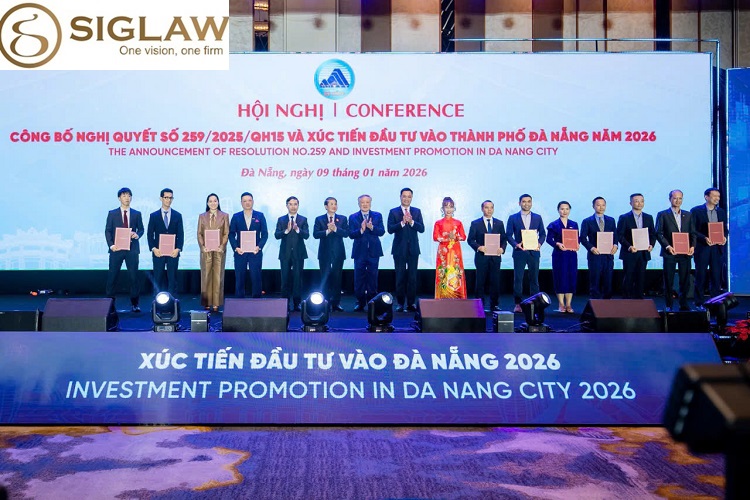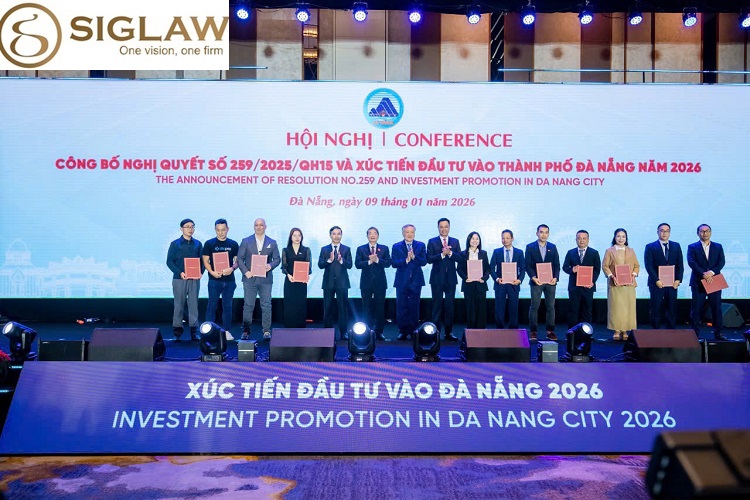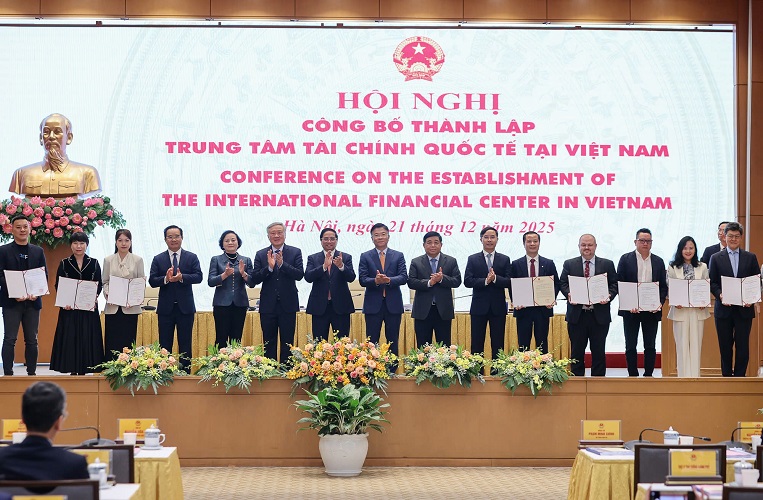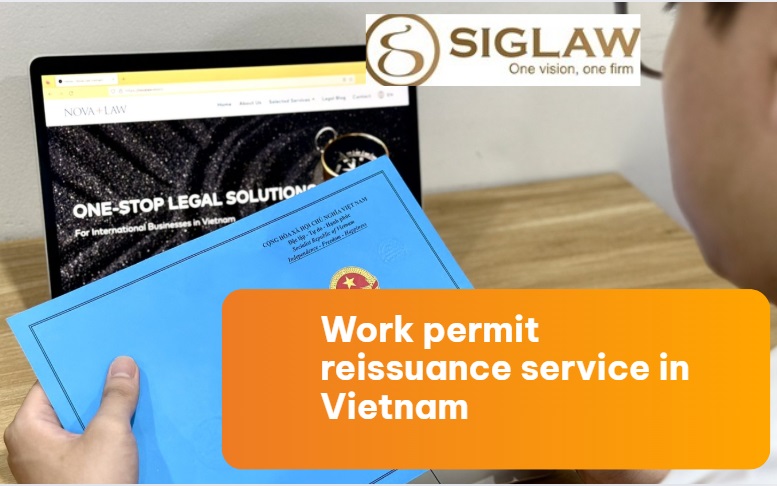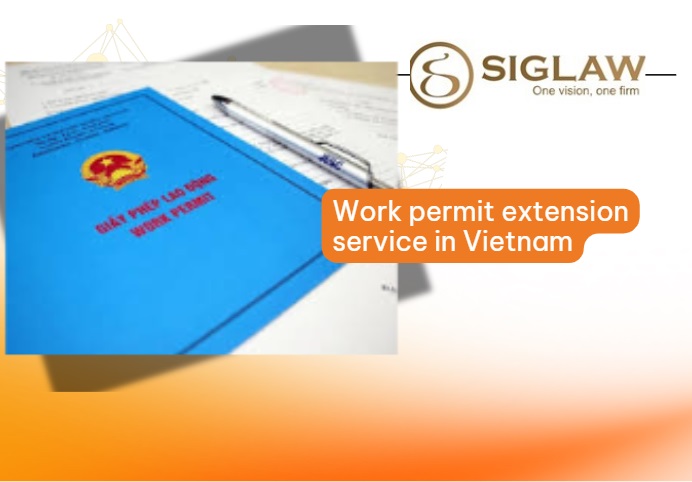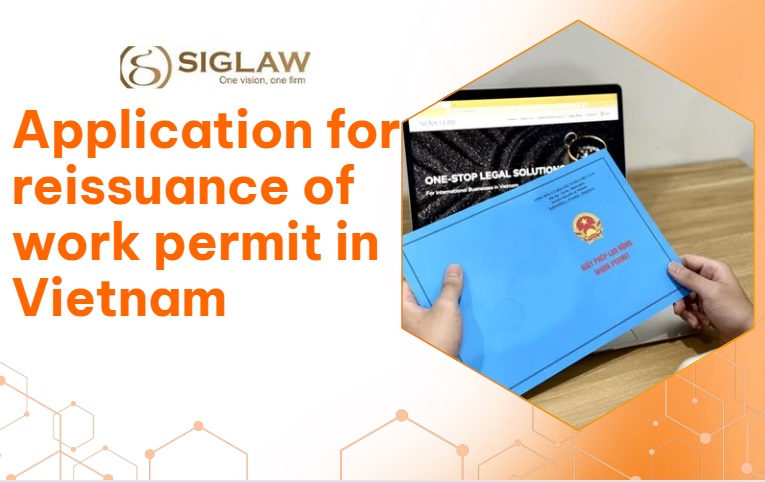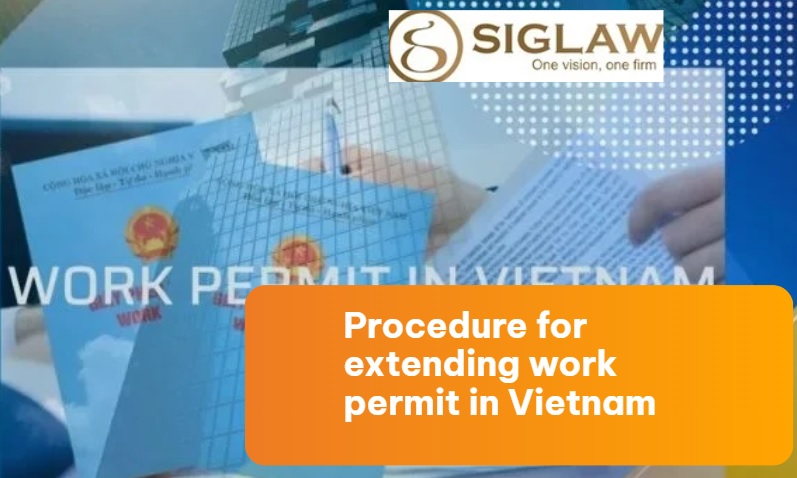Mergers and acquisitions (M&A) activities are becoming a prominent trend in Vietnam as increasing amounts of international investment capital flow into the market. However, for an M&A transaction to succeed, legal factors play a pivotal role in every stage, from due diligence to contract negotiation. In the current phase of Vietnam’s market opening, a thorough understanding of processes and procedures constitutes a significant advantage for investors.
Basic Legal Process in Investment & M&A
The legal process of an investment or M&A transaction typically comprises the following steps, requiring meticulous preparation and strict compliance with regulations:
Legal Due Diligence
Prior to proceeding with the transaction, the buyer conducts comprehensive legal due diligence on the target company to assess risks and the enterprise’s true value. This process includes verification of legal entity status, ownership of assets, employment status, tax obligations, liabilities, and potential disputes. Thorough due diligence provides investors with a clear picture, enabling appropriate contract negotiation and avoidance of risks arising after transaction completion.

Negotiation and Execution of Contracts
Based on due diligence results, the parties negotiate and draft the share or asset transfer agreement. The contract must clearly stipulate key terms such as transaction value, payment method, transfer timing, representations and warranties, indemnification, disbursement conditions, and dispute resolution mechanisms. A robust M&A contract must fully cover the scope of transfer, financial obligations, handling of contingent liabilities, personnel responsibilities, and dispute resolution methods. In particular, indemnification and warranty clauses must be clearly defined to protect the buyer in case issues arise post-transaction.
Necessary Legal Procedures and Approvals
Before completion, the enterprise must comply with procedures prescribed by law. Under the Investment Law 2020, if a foreign investor contributes capital or purchases shares in a Vietnamese enterprise, the M&A approval registration procedure must be carried out with the competent authority. In addition, large-scale transactions may require notification or approval of economic concentration under the Competition Law (to avoid monopoly violations). Contract drafting and execution must also strictly comply with Vietnamese law, particularly in sectors restricting foreign ownership ratios.
Transaction Closing and Post-Closing Formalities
After execution and satisfaction of conditions, the parties proceed with the transfer of shares/assets and payment. Finally, post-transaction legal procedures must be promptly implemented: registration of changes in enterprise information (shareholder structure, charter capital) at the Business Registration Office, transfer of land use rights (if any), updating trademark registration and other intellectual property rights to the new owner. Many enterprises overlook this step, leading to post-M&A disputes over property rights or brand ownership. Therefore, full compliance with legal procedures before and after the transaction is crucial for the deal to be legally recognized and to avoid future risks.
Common Legal Risks in M&A Transactions
Although M&A opens numerous opportunities, the process also harbors various legal issues that can cause damage to the parties if not anticipated. The following are common risks requiring special attention:
Inadequate Due Diligence Leading to Hidden Liabilities
A serious mistake is failure to conduct thorough legal due diligence or lack of caution in information verification. This easily results in the buyer discovering late-stage debts, tax obligations, or latent disputes of the target company after transaction completion. According to statistics, more than 40% of M&A deals encounter unforeseen tax issues, significantly affecting the parties’ interests. This is particularly true in Vietnam, where the tax system remains complex, easily becoming a barrier for foreign investors and family businesses.
Non-Compliance with Investment Legal Procedures
Many foreign investors entering the Vietnamese market for the first time are unfamiliar with regulations and easily omit mandatory procedures. For example, purchasing shares without performing the required M&A approval procedure may render the transaction unrecognized or subject to sanctions. Similarly, if the transaction requires approval from competition authorities or sector-specific regulators but permission is not obtained, the parties may face legal risks (contract invalidity, administrative penalties, or forced divestment). Thus, lack of knowledge and non-compliance with investment and competition laws is a dangerous “trap” that can cause the deal to collapse.
Loose M&A Contracts
Enterprise sale and purchase contracts are often lengthy and complex. If contract language is unclear, lacks provisions for contingencies, or the parties fail to agree on handling unexpected events, even a minor point can lead to legal disputes. In practice, many deals are cancelled because the parties cannot agree on key terms regarding post-M&A governance, profit sharing, or post-transaction performance commitments. Due to lack of in-depth legal consultation from the outset, clauses fail to anticipate all scenarios, leading to conflicts that harm both parties.
Disputes over Assets and Intellectual Property
Many investors assume that acquiring a company automatically grants ownership of all its tangible and intangible assets. In reality, intellectual property rights (trademarks, patents) or even land use rights of the enterprise are often registered independently and do not automatically transfer merely through share transfer. If the contract does not clearly stipulate and the enterprise fails to perform separate transfer procedures, the buyer may lack rights to certain important assets after taking over. This is the cause of lawsuits disputing brands or assets post-M&A. Therefore, thorough verification of the asset list and ensuring lawful transfer of intangible assets, licenses, and land use rights is essential.
Post-Merger Labor Issues
M&A often entails changes in personnel structure, potentially leading to termination of employment contracts or changes in working conditions. If the enterprise fails to comply with labor law provisions—such as notification, severance pay, union negotiation—complaints and disputes from employees easily arise. This is a legal issue that buyers often overlook, focusing on finance while forgetting obligations to employees. Consequently, the new enterprise may face litigation, strikes, or reputational damage post-merger if personnel issues are not handled skillfully.
Additionally, the business must thoroughly review all other lawsuits and disputes (whether as plaintiff, defendant, or third party) in which the target company is involved. This is a critical factor because litigation procedures are often prolonged, complex, and extremely costly in terms of time, resources, and legal fees.
In the event the target company loses a case, it may face significant financial pressure, and its reputation and brand value in the market could be seriously harmed.
The above risks highlight the importance of identifying and managing legal risks in M&A transactions. Enterprises need to proactively prevent them through thorough preparation and appropriate consultation.
Structuring Safe M&A Transactions to Protect the Interests of All Parties
To ensure M&A transactions proceed safely and safeguard the interests of both Vietnamese enterprises and foreign investors, the parties should note the following structuring and implementation methods:
Thorough Due Diligence and Preparation
A safe transaction structure begins with transparent documentation and comprehensive due diligence. The seller should proactively disclose information and complete legal documents (licenses, contracts, financial reports, asset ownership status…) before inviting investment. The buyer should prioritize full due diligence with support from legal and financial experts. Thorough due diligence helps identify all potential issues and devise appropriate protective measures before signing the contract. For example, if the target company is found to be involved in disputes or tax debts, the buyer may require the seller to resolve them completely or adjust the purchase price commensurate with the risk.
Drafting Tight and Clear Contracts
The M&A contract is the most important legal shield protecting the parties’ rights. Therefore, the contract must be drafted in detail, easily understandable, avoiding overly academic legal terminology that makes it difficult for parties to grasp. All core rights and obligations must be clearly stipulated in writing, including: scope of assets/shares transferred, price and payment method, allocation of responsibility for contingent liabilities, obligations to existing employees, customer transfer, confidentiality, … . In particular, the contract should include representation, warranty, and indemnification clauses: the seller provides commitments regarding the legal status of the enterprise and assets; if information later proves inaccurate, the buyer has the right to claim damages. In addition, the dispute resolution mechanism must be agreed upon in the contract. For transactions with foreign elements, the parties should consider selecting international commercial arbitration to ensure neutrality and ease of enforcement, rather than relying solely on one-sided courts.
Compliance with Laws and Pre- and Post-Transaction Procedures
A safe M&A transaction depends not only on agreement between the two parties but also on fully meeting the legal requirements of regulatory authorities. Vietnamese enterprises and foreign investors need to proactively research or seek advice on permits and approvals required before signing. After completing the transaction, promptly carry out ownership transfer procedures as mentioned (change enterprise registration, transfer asset titles, update new shareholder information). Compliance with the law not only makes the transaction valid and recognized but also protects the enterprise from sanctions and disputes that may arise later.
Engaging Professional Legal Advisors
Finally, enterprises should not hesitate to incur costs for hiring lawyers and consultants for M&A transactions. A team of lawyers well-versed in Vietnamese law and international practices will assist with legal due diligence, contract drafting, negotiation, and ensuring transaction compliance. Lawyers act as “gatekeepers” protecting enterprise interests, preventing latent risks that insiders may not foresee. In reality, legal advisory costs are often minimal compared to transaction value, while the consequences of legal disputes can be extremely costly. Therefore, the accompaniment of professional consultants helps enterprises feel secure and increases the success rate of their investment and M&A projects.
Investment and M&A activities are golden opportunities for Vietnamese enterprises to reach international markets and for foreign investors to penetrate the Vietnamese market. However, they require profound understanding of Vietnamese laws and administrative procedures. The participation of professional consulting firms such as Siglaw will help foreign investors plan smoother transactions—from enterprise due diligence, advice on transfer conditions, contract drafting to completion of procedures with state authorities. With extensive experience in investment consulting for numerous FDI enterprises, Siglaw can assist parties in ensuring legal compliance, minimizing legal risks, and maximizing protection of interests in every investment deal.
For free consultation and legal service support, please contact Siglaw Firrm:
Head Office: No. 44/A32 – NV13, Zone A Geleximco, Le Trong Tan Street, An Khanh, Hoai Duc, Hanoi.
Hotline: 0961 366 238
Email: vphn@siglaw.com.vn
Branch: 2nd Floor, House No. 103-105 Nguyen Dinh Chieu, Xuan Hoa Ward, Ho Chi Minh City



